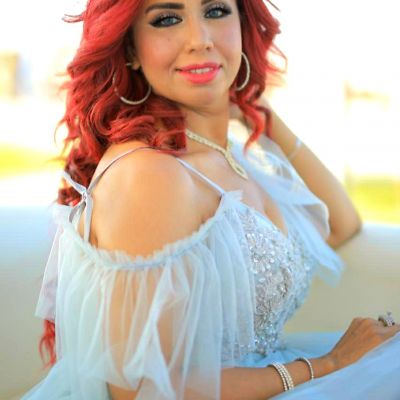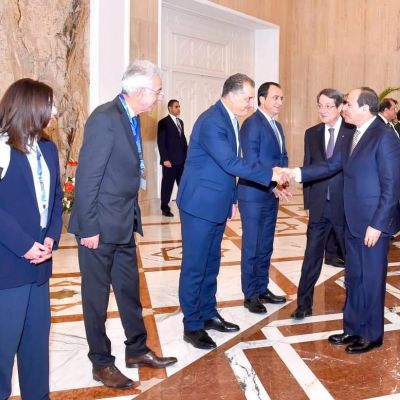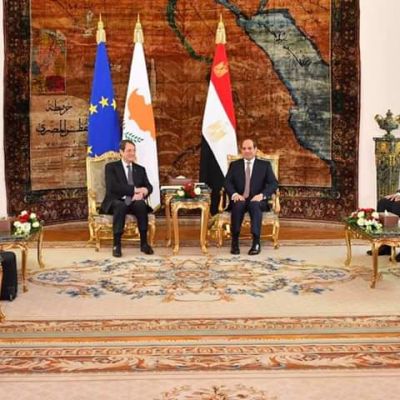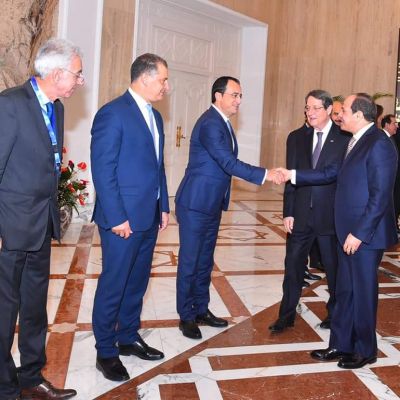
First Lady Jeannette Kagame reminded leaders of the Catholic Church that they have a responsibility to educate its members beyond the traditional teachings of the religion, saying it could help the country towards its reconciliation journey.
She was speaking at the Episcopal Conference on Peace and Justice organised by the Catholic Church in Rwanda on Friday.
Quoting Prof. Dr. E.A.J.G. van der Borght in one of his researches, the First Lady said for the Catholic Church to play role in the unity reconciliation of the country, it shouldn’t base only on the traditional teachings of religion, instead it should strive to understand the unique relations of people.
Rediscovering reconciliation practices, becoming more critical of own historical record, and developing a theology that pays proper attention to socio-cultural identities are some of the principles the Church have adopted elsewhere to drive the reconciliation agenda.
Mrs. Kagame sympathized with those who lost their family members during the Genocide against the Tutsi, but reiterated that the church played a big role in sowing the seed of divisionism and hatred among Rwandans that led to mass massacre of innocent people.
Historically, the Church was a predominant religion and was closely intertwined with the state so much that it played a central role in shaping and implementing the politics of exclusion and division.

Participants at the Episcopal Conference on Peace and Justice organised by the Catholic Church in Rwanda, yesterday. Courtesy.
“It is within our responsibilities to continue teaching and helping relatives of those who participated in the Genocide to shun the same narrative,” she said.
“We cannot, however, ignore the fact that the Church had heroes. Those who lost their lives because they stuck to the values of being Rwandan, a pact of humanity, and knowing to choose what’s right,” she added.
Church heroes
Mrs. Kagame said those with heroic acts, some of whom are recipients of ‘protector of friendship pact’ (Umurinzi w’igihango), will continue to be exemplary to the young generation.
“When the people of Rwanda received peace after the Genocide, building the social fabric of the people of Rwanda required strength, discernment, collaboration and thinking big. This could not have been achieved by one individual,” she noted.
That, she said, is one of the reasons the Government initiated different strategies and programmes to engage different groups of society, including the Catholic Church to advance the reconciliation agenda.
“Strengthening unity and reconciliation, and justice and peace requires investing more efforts in championing the idea of forgiveness, to change the mindset, all aimed at developing the country,” she said.
Mental issues and trauma arising from historical consequences, as well as family conflicts are some of the challenges the First Lady highlighted the country has to deal with, requesting the church to be part of the journey to address them.
One way to address that, she suggested, leveraging the already existing platforms including the early childhood development programmes and Christian schools that operate across different parts of the country.
“Let us use the spaces and the capability we have within ourselves, so that Christians can be part of it. In that sense, we shall have offered our contribution in building today’s family and that of tomorrow,” she noted.
Role of church
The Catholic Church has been part of the reconciliation journey and rebuilding the unity of Rwandans.
Antoine Kambanda, the Archbishop of Kigali Diocese, said 25 years down the road since the Genocide, the journey towards reconciliation and unity continues.
“Where we have reached can be compared to a people climbing a long mountain, but close to getting to the peak of it. When we look back, it still daunts us that we cannot get the best way to explain how bad the Genocide was,” he said.
After the Genocide which claimed lives of innocent people and ruined the unity of Rwandans, Kambanda indicated that the Catholic Church made steps to partner with the Government towards building the social fabric of Rwandans.
“25 years is a little period compared to the weight of what Rwandans experienced, but we shall continue to dedicate ourselves towards achieving the remaining journey and to be a light to others,” he noted.
The Catholic Church has pledged to consecrate its efforts to build a reconciled society. Various initiatives scattered throughout the dioceses, through the Justice and Peace Commission and other church structures are already a proof of that.
The Church already runs programmes that prove that commitment.
Right after the genocide, the Church embarked on emergency activities which were aimed at assisting widows and orphans, as well as rehabilitation and construction of houses of the most vulnerable people.
Between 2001 and 2012, the church trained 10,350 voluntary observers in all the parishes of the country, who monitored the Gacaca jurisdictions.
The Catholic bishops mobilized, through pastoral messages, this process and encouraged Rwandans especially Christians to speak the truth.
The conference featured a panel discussion that had bishops Célestin Hakizimana and Ubald Rugirangoga, as well as Fidele Ndayisaba of the National Unity and Reconciliation Commission, and Marie-Francine Zimurinda, a Catholic youth representative.
The panel observed, among other things, that ideology was still there despite efforts to address it, calling for closer collaboration of all actors to educate, especially the young ones.

















































